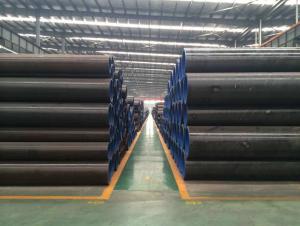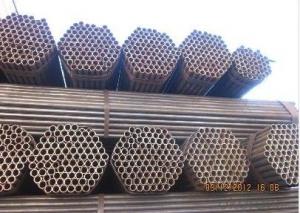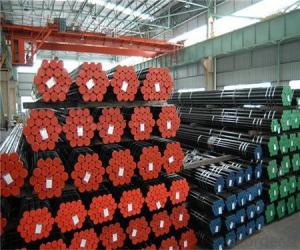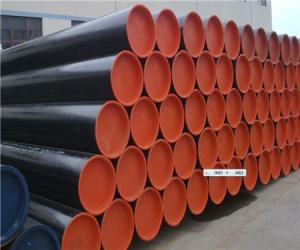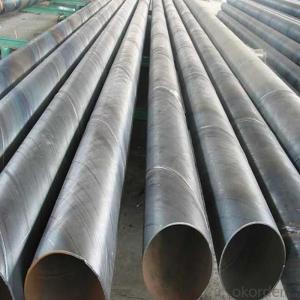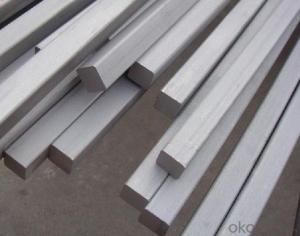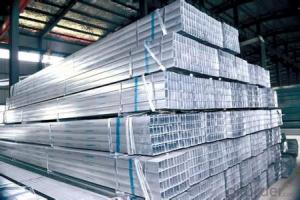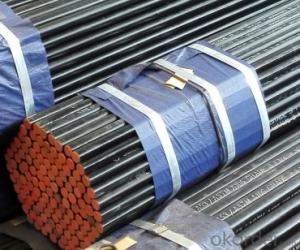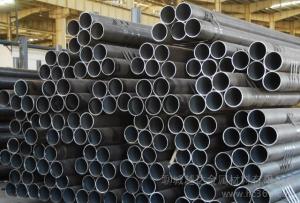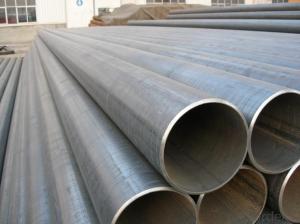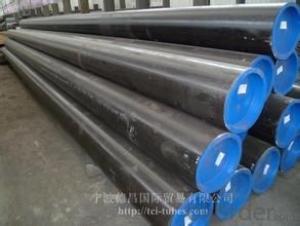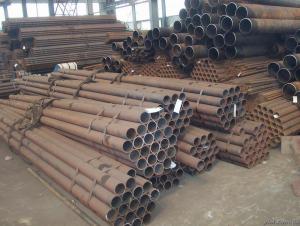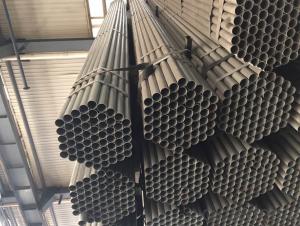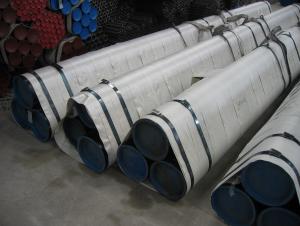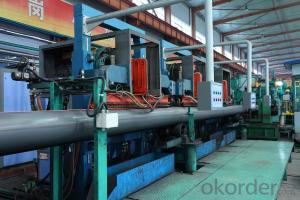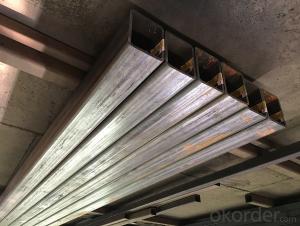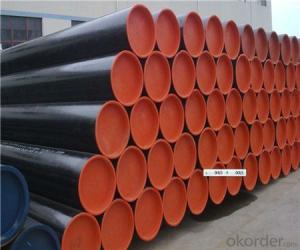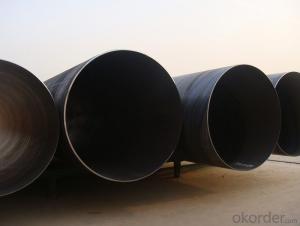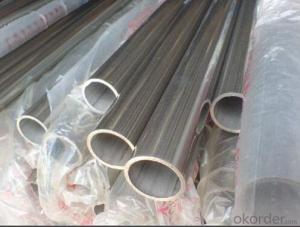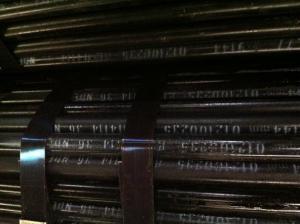All Categories
- - Steel Wire Rod
- - Steel Coils
- - Steel Profiles
- - Steel Pipes
- - Stainless Steel
- - Tinplate
- - Special Steel
- - Steel Sheets
- - Steel Rebars
- - Steel Strips
- - Hot Rolled Steel
- - Cold Rolled Steel
- - Pre-painted Steel
- - Seamless Steel Pipe
- - Welded Steel Pipe
- - Hollow Steel Tubes
- - Galvanized Pipe
- - Stainless Steel Coil
- - Stainless Steel Sheet
- - Stainless Steel Plate
- - Stainless Steel Strips
- - Electrolytic Tinplate Coil
- - Electrolytic Tinplate Sheet
- - Stainless Steel Rebars
- - Solar Panels
- - Solar Water Heater
- - Solar Related Products
- - Solar Inverter
- - Solar Cells
- - Solar Light
- - Solar Energy Systems
- - Solar Controllers
- - Solar Mounting System
- - Solar Pump
- - Solar Chargers
- - Fiberglass Chopped Strand
- - Fiberglass Mesh Cloth
- - Composite Pipes
- - FRP Pultrusion Profiles
- - Fiberglass Mat Tissue
- - Fiberglass Fabrics
- - Fiberglass Mesh
- - Composite Tank
- - Fiberglass Mesh tape
- - Polymer
- - FRP Roofing Panel
- - Fiberglass Roving
- - Monolithic Refractories
- - Ceramic Fiber Products
- - Refractory Bricks
- - Raw Materials For Refractory
- - Suspended Platform
- - Cranes
- - Concrete Machinery
- - Earthmoving Machinery
- - Building Hoist
- - Road Building Machinery
- - Plastic Pipe Fittings
- - Plastic Tubes
- - Plastic Sheets
- - Agricultural Plastic Products
- - Plastic Nets
 All Categories
All Categories
Q & A
Can welded steel pipes be used for power plant construction?
Yes, welded steel pipes can be used for power plant construction. Welded steel pipes are commonly used in various industries, including power plants, due to their durability, strength, and ability to withstand high temperatures and pressures. These pipes are suitable for transporting steam, water, and other fluids within the power plant infrastructure. Additionally, welded steel pipes offer cost-effectiveness and ease of installation, making them a reliable choice for power plant construction.
What is the difference between ASTM A53 and ASTM A106 for welded steel pipe?
The main difference between ASTM A53 and ASTM A106 for welded steel pipe lies in their intended use and temperature range.
ASTM A53 is primarily used for low-pressure and low-temperature applications, such as water and gas conveyance. It is suitable for welding, bending, and flanging.
On the other hand, ASTM A106 is designed for high-temperature applications, such as steam, oil, and gas pipelines. It is suitable for welding, bending, and flanging, and can withstand higher pressures and temperatures compared to ASTM A53.
In summary, while both ASTM A53 and ASTM A106 are specifications for welded steel pipe, ASTM A53 is suitable for low-pressure and low-temperature applications, while ASTM A106 is suitable for high-temperature applications.
How do you calculate the required plug size for a specific application?
To calculate the required plug size for a specific application, you need to consider several factors. First, determine the voltage and current requirements of the application. Next, check the plug's voltage and current ratings to ensure they match or exceed the application's requirements. Additionally, consider the plug's physical dimensions and shape to ensure it fits the receptacle properly. It is crucial to consult the manufacturer's specifications and guidelines for both the application and the plug to ensure compatibility and safety.
Can welded steel pipes be used for pharmaceutical manufacturing?
No, welded steel pipes are not suitable for pharmaceutical manufacturing due to the risk of contamination and the need for highly sanitary conditions.
What are the different wall thickness options available for welded steel pipe?
The different wall thickness options available for welded steel pipe vary depending on the application and specifications. Common options include standard weight, extra strong, and double extra strong. These options offer different levels of strength and durability to meet specific project requirements.
Wholesale Welded Steel Pipe from supplier in Vanuatu
With our extensive product range, we can cater to various industries in Vanuatu, including construction, infrastructure, oil and gas, and water supply. Our Welded Steel Pipe products are manufactured using high-quality materials and advanced production techniques to ensure durability and reliability.
In addition to supplying Welded Steel Pipe, we also offer value-added services such as customization, fabrication, and coating to meet specific project requirements. Our team of experienced engineers and technicians can provide technical support and guidance throughout the procurement process, ensuring that you receive the most suitable products for your project needs.
Furthermore, as a subsidiary of CNBM, a Fortune Global 500 company, we have access to a vast network of suppliers and manufacturers, enabling us to source and provide a wide range of Welded Steel Pipe products at competitive prices. We prioritize customer satisfaction and strive to deliver products on time and within budget.
Whether you require Welded Steel Pipe for small-scale projects or large infrastructure developments, we are committed to meeting your needs and exceeding your expectations. Contact us today to discuss your requirements and benefit from our comprehensive Welded Steel Pipe procurement services in Vanuatu.
In addition to supplying Welded Steel Pipe, we also offer value-added services such as customization, fabrication, and coating to meet specific project requirements. Our team of experienced engineers and technicians can provide technical support and guidance throughout the procurement process, ensuring that you receive the most suitable products for your project needs.
Furthermore, as a subsidiary of CNBM, a Fortune Global 500 company, we have access to a vast network of suppliers and manufacturers, enabling us to source and provide a wide range of Welded Steel Pipe products at competitive prices. We prioritize customer satisfaction and strive to deliver products on time and within budget.
Whether you require Welded Steel Pipe for small-scale projects or large infrastructure developments, we are committed to meeting your needs and exceeding your expectations. Contact us today to discuss your requirements and benefit from our comprehensive Welded Steel Pipe procurement services in Vanuatu.
